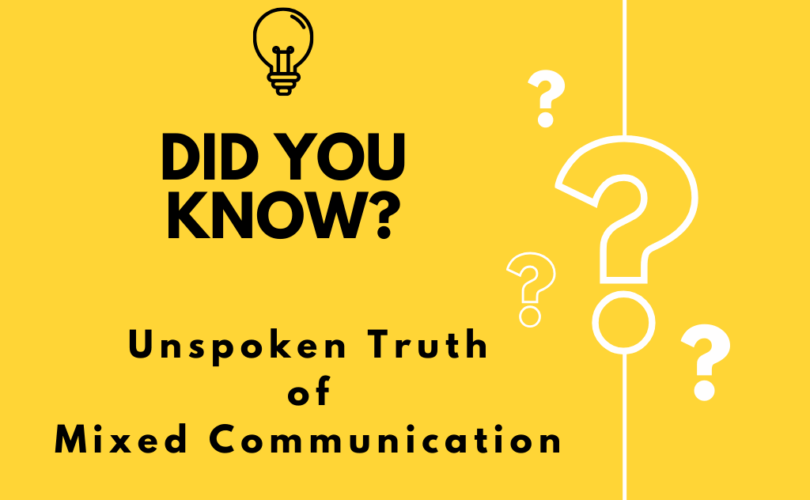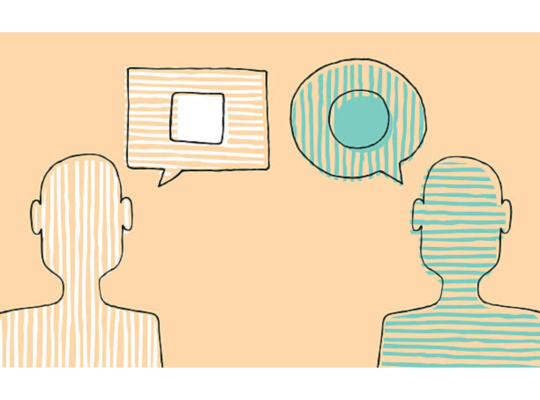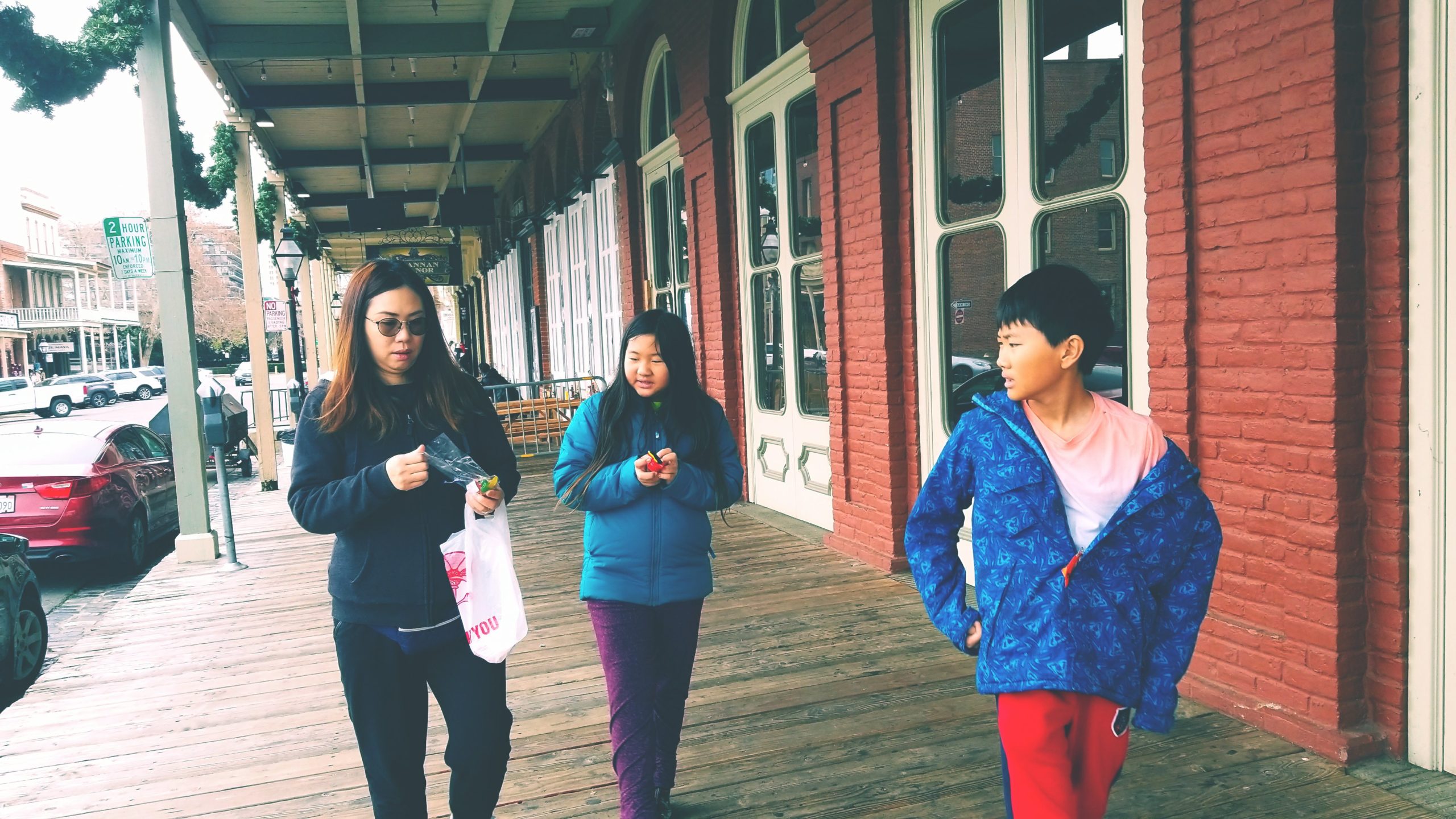We live in a world where words goes fast, but meaning often goes behind.
Science has long confirmed what we intuitively feel: body language speaks louder than words. Some studies suggest that more than 70% of communication is nonverbal. Why? Likely because our visual system takes up the largest part of our brain’s sensory processing, what we see tends to override what we hear.
But what happens when the body says one thing and the mouth says another?
“I love you”—But Do You Really?
Imagine someone telling you “I love you,” while their arms are crossed, their eyes avoiding yours, and their tone flat and distracted. Do you believe them?
Chances are, you don’t.
Because we don’t just hear love — we see it, and we feel it.
The way their face lights up, the softness in their tone, the openness in their body — these are what actually communicate care.
And here’s the truth:
If your body doesn’t mean it, your words don’t matter.
The Busy Colleague
Last month, I was talking to a colleague about a serious customer issue.
As I explained, they kept glancing at their phone, scrolling between messages.
Eventually, they nodded and replied, “Yeah… I know, right.”
But their tone was distant, eyes still glued to the screen.
The words said agreement.
The body said, “I’m not here.”
It wasn’t just frustrating… it was disorienting.
We finished the conversation, but I walked away feeling unheard and undervalued.
That’s the power of mixed communication: it cancels itself out.
My Son’s Silent Disengagement
Not long ago, I asked my teenage son how his day went.
He mumbled, “Fine,” without looking up from his game controller.
I nodded and moved on.
But later that night, I circled back. This time, I sat down next to him, no distractions, no questions… just presence. Within minutes, he paused his game and began telling me something that happened at school.
Same person, same words… but a completely different result.
Why?
Because this time, my body was present, and that gave him permission to open up.
Why Mixed Communication Is Getting Worse
Between notifications, screens, and endless multitasking, our bodies are increasingly absent from our conversations. We might be physically in the room, but emotionally elsewhere.
This isn’t just bad etiquette… it’s dangerous.
It chips away at trust, clarity, and real connection.
And the worst part? We often don’t even notice we’re doing it.
What Can We Do?
- When you speak, match your body with your message.
- Put down the phone, turn toward the person, look them in the eye.
- Don’t ask questions as a routine… ask them with presence.
- And most importantly, listen with your whole self, not just your ears.
Because in the end,
we don’t remember all the words people say… but we remember how they made us feel.
And that starts not with the mouth,
but with the body.
— TK







